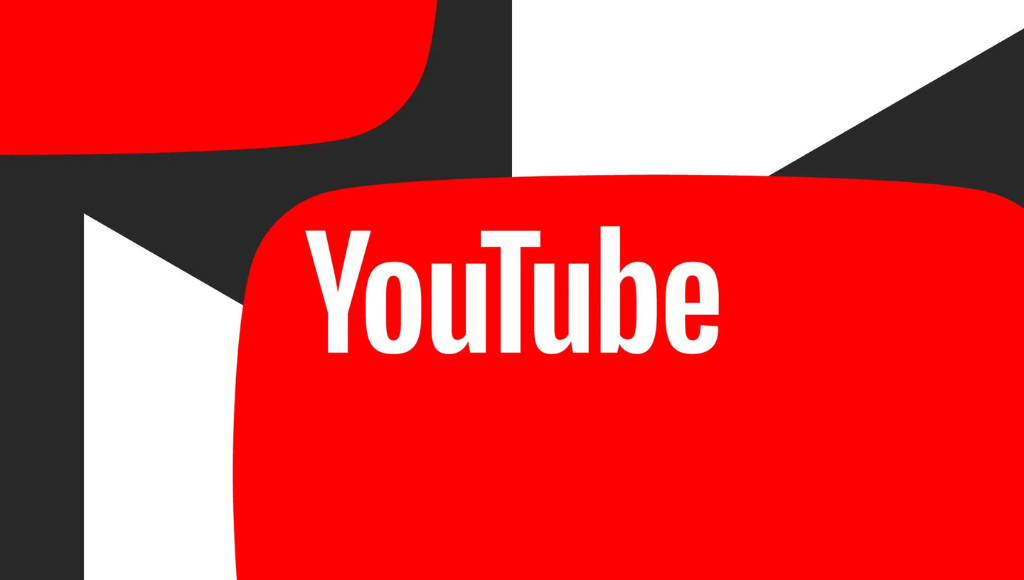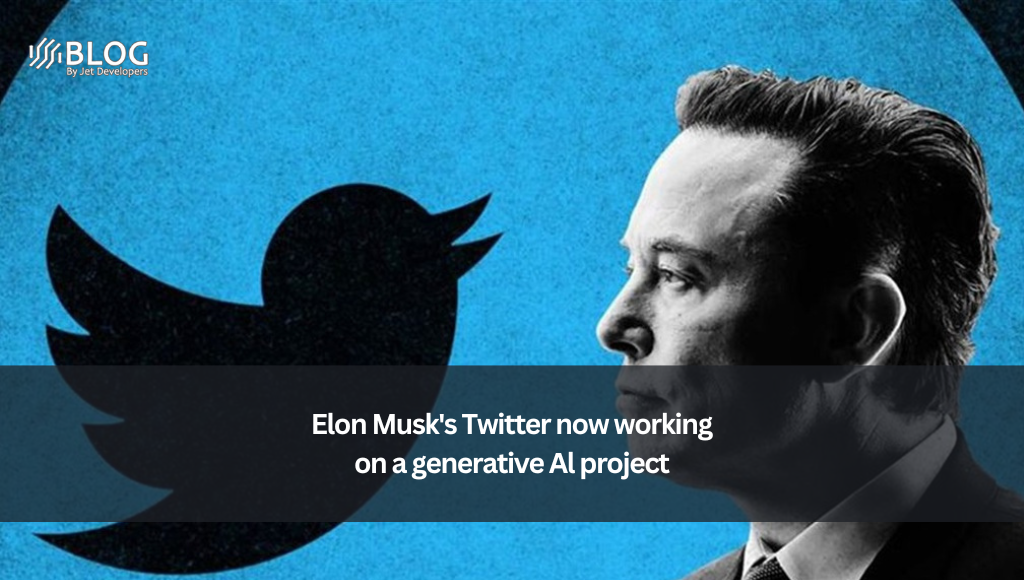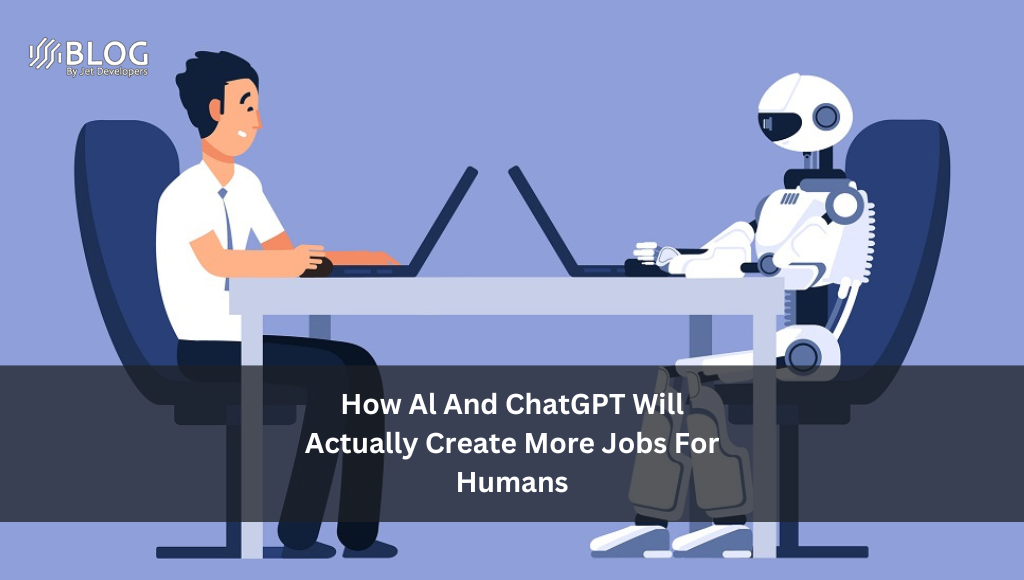YouTube is introducing an innovative artificial intelligence tool called Dream Track, enabling users to craft 30-second songs utilizing the voices of renowned music artists affiliated with the platform. This feature is integrated into YouTube Shorts, a short-form video format introduced by the company to rival TikTok.
The roster of participating artists encompasses Alec Benjamin, Charlie Puth, Charli XCX, Demi Lovato, John Legend, Papoose, Sia, T-Pain, and Troye Sivan. Currently, the service is accessible to a limited group of select US creators.
Expressing enthusiasm for the collaboration, singer Charlie Puth stated, “I’m extremely excited and inspired… YouTube has been a great partner in outlining their approach to AI and understands the need to work together to develop this technology responsibly, ensuring it will accelerate creativity instead of replacing it.”
Here’s how Dream Track operates: users need only input an idea into the creation prompt and select a participating artist from the provided carousel. Subsequently, the system generates an original Shorts soundtrack featuring the AI-generated voice of the chosen artist. For instance, a user could input the prompt, “A rap song for my pet dog’s birthday who likes to eat mud,” and select T-Pain’s voice, resulting in the creation of the song within seconds.
Rapper T-Pain, known for hits like ‘Bartender,’ expressed his enthusiasm, stating, “I have always been about pushing the boundaries of technology and harnessing it to make the most interesting music for my fans. Who knows what the future holds, but joining hands with YouTube + Google to help shape that future feels like a great first step.”
The development of Dream Track is a collaborative effort with Google DeepMind’s music generation model, Lyria. However, the compensation details for the participating artists remain undisclosed.
In addition to Dream Track, YouTube and its parent company, Google, have been exploring ‘Music AI Tools.’ This initiative allows songwriters and artists to preview how their compositions will sound without physically playing them. The tool records a person singing a melody, and by inputting specific instructions such as ‘saxophone solo,’ it generates the corresponding saxophone tune.
Acknowledging the prominence of AI, YouTube CEO Neel Mohan outlined the company’s principles for collaborating with music producers on AI. In 2023, videos related to generative AI tools amassed over 1.7 billion views, reflecting the platform’s engagement with this emerging technology.
Earlier in the year, YouTube partnered with Universal Music Group for a program featuring influential artists like Anitta, Björn Ulvaeus, and Juanes. The initiative aimed to gather insights on generative AI experiments and research. Notably, UMG has been vigilant against copyright infringement, recently suing Anthropic for distributing copyrighted lyrics with its AI model Claude 2.
YouTube’s engagement with AI dates back to its early years. Recognizing the growing influence of AI, the platform continues to explore innovative avenues, solidifying its role as a global connector for music enthusiasts and emerging artists.






